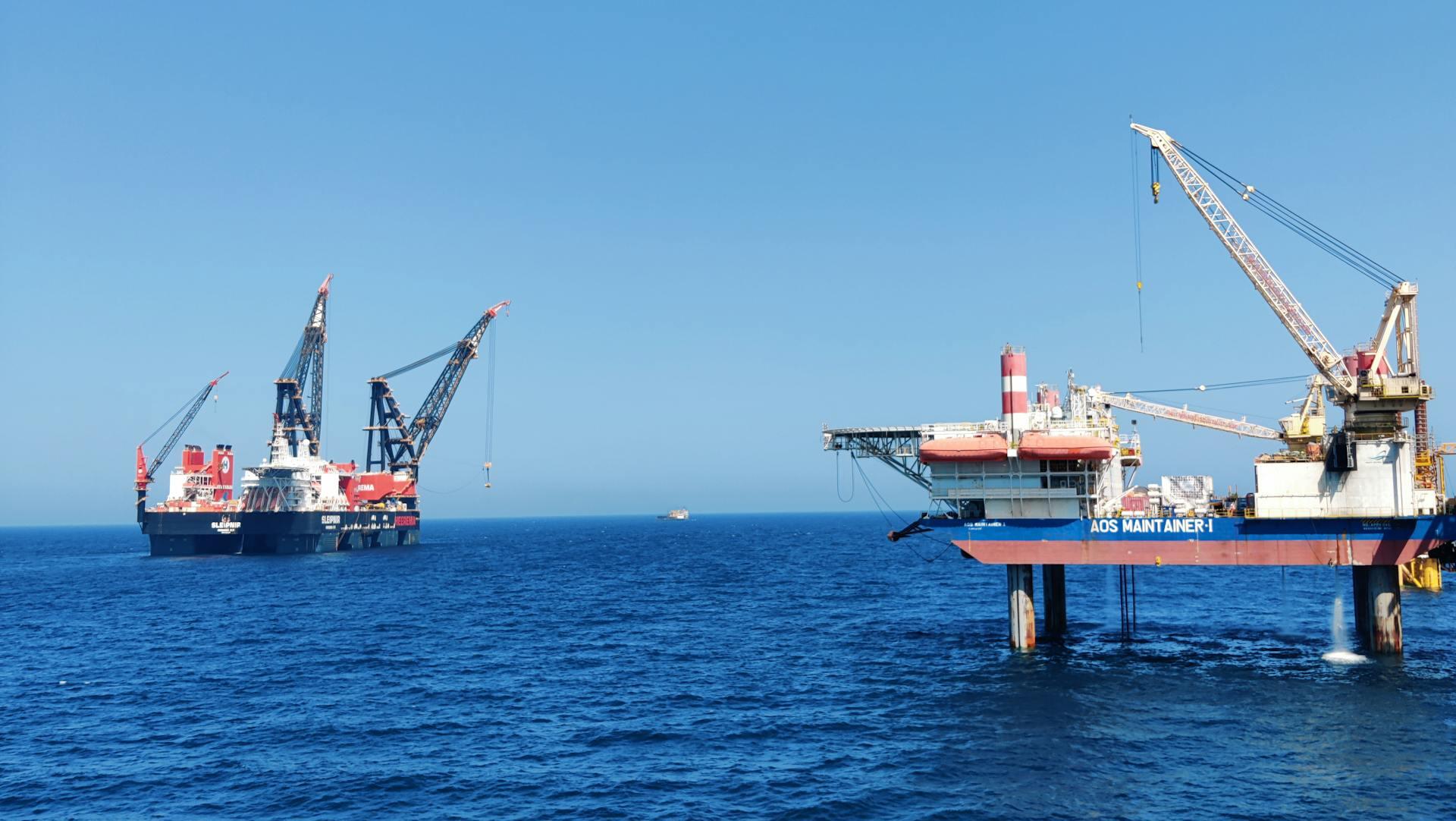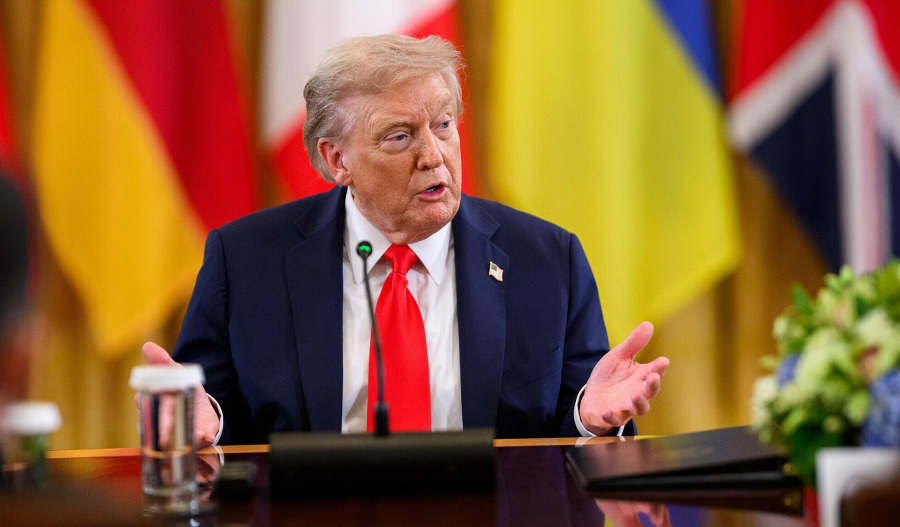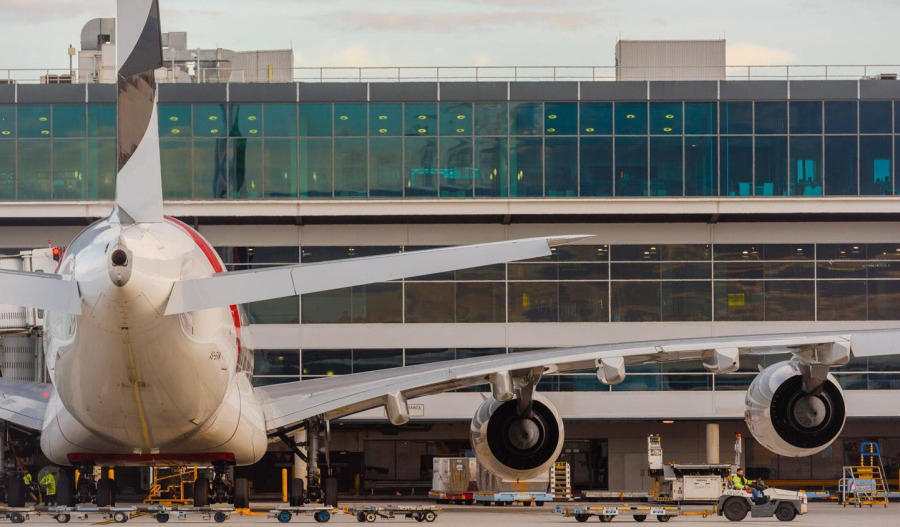Oil prices edged higher in Asian trade on Wednesday as markets monitored developments in talks aimed at ending Russia’s invasion of Ukraine, which has left sanctions on Russian crude in place and raised the possibility of further restrictions on buyers.
By 2:55 pm AEST (4:55 am GMT), Brent crude futures were up 18 cents, or 0.3%, at US$65.97 a barrel, while U.S. West Texas Intermediate crude for October delivery gained 19 cents, or 0.3%, to $61.90.
The move followed a more than 1.2% drop on Tuesday as optimism grew that a deal to end the war could be within reach, potentially leading to eased sanctions on Russia and higher global supply.
Despite those hopes, United States President Donald Trump on Tuesday said the U.S. might provide air support as part of a deal to end Russia’s war in Ukraine, though he acknowledged Russian President Vladimir Putin “might not want to make a deal after all”.
Trump earlier said he was arranging a meeting between Putin and Ukrainian President Volodymyr Zelenskyy, followed by a trilateral summit with all three leaders.
On Tuesday, he added that he discussed the possibility of Zelenskyy-Putin talks in Hungary with Prime Minister Viktor Orban. Russia has not confirmed participation in such talks.
Analysts remained cautious. ANZ noted: "the likelihood of a quick resolution to the conflict with Russia now seems unlikely. Amid the meetings, attacks from both sides continue.
"Ukraine said it carried out a fresh strike on Russia’s Druzhba oil pipeline system, halting a conduit that’s important for crude oil supply to parts of central Europe. Ukraine said that Russia hit an oil refinery in the country overnight."
In the U.S., BP said operations at its 440,000-barrel-per-day Whiting refinery in Indiana were affected by flooding from a severe thunderstorm, potentially impacting crude demand. The plant is a major supplier of fuel to the Midwest.
Support for prices also came from U.S. stockpile data. Market sources, citing American Petroleum Institute figures, reported crude inventories fell by 2.4 million barrels in the week ending August 15, outpacing expectations of a 1.2 million barrel draw.



